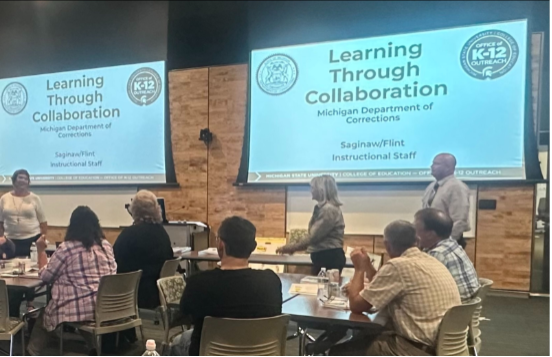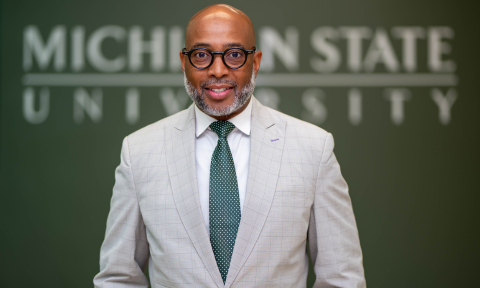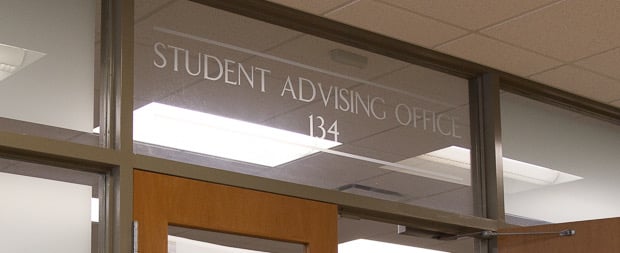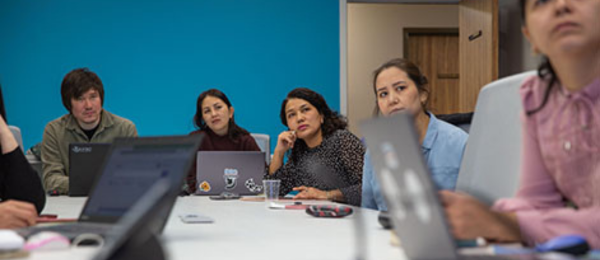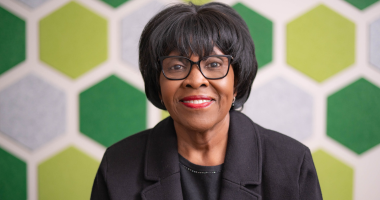Celebrating Another Year of Supporting MDOC Educators’ Professional Learning
The Michigan Department of Corrections (MDOC) has a crucial responsibility in overseeing the administration of justice to tens of thousands of Michiganders on probation, in prisons, and on parole (Kaminski, 2023). In doing so, this sprawling department works to “creat[e] individual success, not simply [avoid] future criminal conduct,” implement “evidence-based practices and programs to address individual needs and reduce individual risk,” and “help individuals understand their thoughts, feelings, and actions so that better, safer decisions can occur in the future” (Kaminski, 2023). A central element of this effort is the MDOC’s provision of educational and workforce development opportunities to folks under its authority, including support in response to “state law requiri[ng] prisoners serving a minimum sentence of more than two years to receive their GED prior to paroling,” the offering of “special education and English as a second language for prisoners,” copious Career and Technical Education (CTE) initiatives, “Vocational Villages,” post-secondary opportunities, and “employment readiness programming” (Kaminski, 2019). In recent years, these MDOC efforts, aimed at supporting incarcerated individuals’ future educational and career prospects while reducing recidivism rates, have been recognized in news features, by the leaders of other states, and as a successful case study by partners.
Since 2021, the Office of K-12 Outreach has been grateful to be able to support these programs and MDOC educators through a variety of customized professional learning experiences. For instance, as featured in the July 2021 and August 2021 In Focus newsletters, the K-12 Outreach team previously led a series of virtual sessions titled “Learning Through Collaboration,” which focused on the importance of a growth mindset, how to assist adult learners through specific instructional strategies, best practices for literacy instruction, approaches to teaching vocabulary, the centrality of good feedback in students’ learning, and guidance on understanding text structures and graphic organizers. Analogously, in 2022, K-12 Outreach delivered follow-up support to MDOC educators at a face-to-face department-wide retreat and additional virtual gatherings focused on helping educators identify sources of stress and related coping strategies, develop organizational systems, understand the relationship between growth mindsets and student performance, and appreciate the role of feedback and coaching in students’ development (August 2022 In Focus newsletter). Lastly, in year three of the MDOC-MSU partnership, K-12 Outreach aided the department’s academic teachers with programming focused on instructional models that can help MDOC students thrive on the General Educational Development (GED) test; their vocational educators via content concerning strategies for cultivating students’ leadership abilities, positive attitudes, and life skills; and the department’s administrators through two retreats focused on leadership, effective delegation, and MDOC-wide collaboration (August 2023 and December 2023 In Focus newsletter). At every step along the way, K-12 Outreach dedicated itself to understanding MDOC educators’ unique contexts through site visits, listening sessions, and surveys about these individuals’ roles, past experiences, perceptions, and desired professional development objectives, themes, and approaches.
Throughout this summer and fall, K-12 Outreach, again, was able to partner with the MDOC to deliver bespoke professional learning experiences for the department’s educators and administrators. Centrally, this fourth year of teamwork was built around three waves of sessions from June to September for four distinct groups – MDOC special education and Title I teachers, Vocational Village instructors, vocational educators generally, and academic teachers. Sessions were subdivided into these populations to ensure that the content covered was relevant for all attendees and to ensure that similarly-positioned educators would have the chance to connect. During the June sessions, each group covered instructional strategies to enhance students’ comprehension of text, approaches to enhancing pupils’ memory of content, and ways to support MDOC colleagues. Additionally, the sessions focused on vocational educators dug into how feedback can boost students’ self-efficacy and independence. In August, each group reconvened to consider how they can help learners cope with stress’ effects. With that, the gatherings for special education and academic educators discussed essential theories of adult learning, and the vocational ones considered how MDOC staff members can accentuate students’ soft skills. Finally, when the MSU and MDOC teams met in September, the sessions universally prioritized examining the characteristics of different learners and strategies to support them, along with questioning and feedback methods that can enhance students’ outcomes. Further, the programming for the vocational teams got a bit deeper into the soft skills previously analyzed, and the academic-oriented sessions built in time to discuss ongoing and potential future best practices concerning instruction across different MDOC facilities.
Beyond working with these categories of MDOC educators, this year, the K-12 Outreach team again supported the professional learning of department administrators, along with these individuals’ planning around how to capitalize on strengths tied to various MDOC programs and overcome any status quo challenges. This element of the MSU-MDOC partnership was most visible at the November 12th session with MDOC administrators and leaders, which focused on developing plans to support MDOC colleagues coping with the effects of stress on the brain, community-building within the MDOC educational systems, and identifying strategies to ensure MDOC employees feel supported. To achieve these goals, the session included a full day of learning structured around various activities, presentations, and opportunities for sharing and reflection. Specifically, the day began with an activator, led by MDOC Education Manager Heather Gay, Dr. Bryan Beverly, Director of the Office of K-12 Outreach, and a full suite of K-12 Outreach facilitators. With the collective prior knowledge and understanding of the new learning targets that this session hoped to address that this protocol activated, attendees transitioned into a conversation about the emotional, physical, and social impacts of chronic stress and how, in light of this challenge and others, MDOC administrators can create a community within and among the educators at all levels of the MDOC educational system. Lastly, to wrap up the day and be future-oriented, the MSU team led the session participants through a “solution room” protocol where the group gathered potential remedies to their unique needs. In doing so, this activity leveraged the vast MDOC expertise in the room to develop plans to overcome existing challenges and barriers to students’ learning.
From K-12 Outreach’s initial efforts at trying to understand this unique educational context to meeting virtually with MDOC folks working to balance their own professional learning journeys with the needs of their students and institutions to the last year of MSU-MDOC gatherings, sessions, and retreats, the Office of K-12 Outreach has been fortunate to have engaged with such motivated, passionate, and innovative teachers and administrators. For four years, the K-12 Outreach team has witnessed these educators work tirelessly to continuously improve their already successful educational and workforce development initiatives for their students’ well-being. Over the next few months, the relevant Office of K-12 Outreach and MDOC planning teams will strategize some essential next steps for this partnership. As updates and further success stories emerge, they will be spotlighted in the In Focus newsletter. Relatedly, as readers have questions, they are invited to reach out to the Office of K-12 Outreach at k12out@msu.edu.
